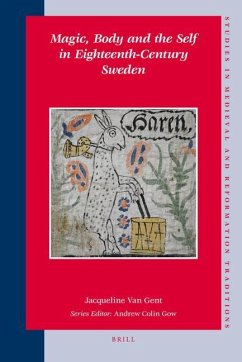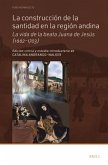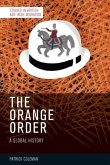Contrary to previous assumptions, magic remained an integral part of everyday life in Enlightenment Europe. This book demonstrates that the endurance of magical practices, both benevolent and malevolent, was grounded in early modern perceptions of an interconnected body, self and spiritual cosmos. Drawing on eighteenth-century Swedish witchcraft trials, which are exceptionally detailed, these notions of embodiment and selfhood are explored in depth. The nuanced analysis of healing magic, the role of emotions, the politics of evidence and proof and the very ambiguity of magical rituals reveals a surprising syncretism of Christian and pre-Christian elements. The book provides a unique insight to the history of magic and witchcraft, the study of eighteenth-century religion and culture, and to our understanding of body and self in the past.
Bitte wählen Sie Ihr Anliegen aus.
Rechnungen
Retourenschein anfordern
Bestellstatus
Storno



